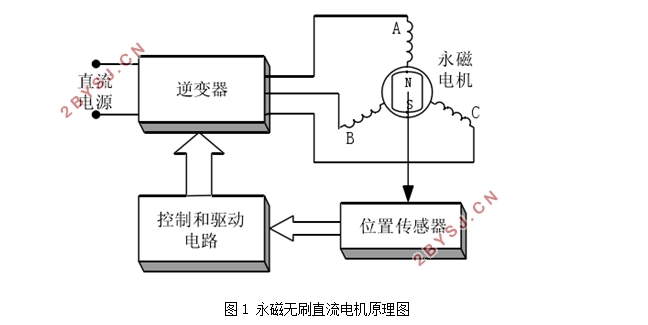永磁无刷直流电机电磁设计
无需注册登录,支付后按照提示操作即可获取该资料.
永磁无刷直流电机电磁设计(论文15000字)
摘要:在本篇论文中先是介绍了该电机的主要特点和它的发展研究情况,然后对它的结构和工作原理进行了表述和分析,最后确定了本文的设计方案,设计了一款220V, 550W的电机,主要是对电机的本体进行设计。研究的是该电机的电机磁场。通过对一个小的永磁无刷直流电机的本体设计,确定电机的各项参数,如电机定转子参数,电机轴长等。再对有限元法进行学习介绍,利用Ansoft软件来对电机内磁场进行仿真,主要用到的是该软件中的2D仿真模块和外部电路绘制模块。通过对得出的气隙磁密、反电势、磁密、磁力线等波形的分析来得到电机内电磁场的分布情况以及电机结构是否合理等结论。分析的结果有利于电机的参数优化设计。
关键词:永磁无刷直流电机;本体设计;电机磁场;Ansoft仿真;
Permanent magnet brushless DC motor electromagnetic design
Abstract:In this paper, the main features of the motor and its development research are introduced. Then, the structure and working principle of the motor are described and analyzed. Finally, the design scheme of this paper is designed, and a 220V and 550W Motor, mainly on the motor body design. The magnetic field of the motor is studied. Through a small permanent magnet brushless DC motor body design, determine the motor parameters, such as motor stator and rotor parameters, motor shaft length and so on. And then the finite element method for learning, the use of Ansoft software to simulate the motor within the magnetic field, the main use of the software is the 2D simulation module and external circuit drawing module. The distribution of the electromagnetic field in the motor and the reasonable structure of the motor are obtained by analyzing the obtained air gap, back EMF, magnetic flux and magnetic field lines. The results of the analysis are conducive to the optimization of the parameters of the motor design.
Key words:Permanent magnet brushless DC motor electromagnetic;Ontology design;The motor magnetic field;Ansoft software

目录
1.绪论 1
1.1永磁无刷直流电机的主要特点及其应用 1
1.2永磁无刷直流电机的发展概况 2
1.3国内外的研究现状 3
2.永磁无刷直流电机的结构及工作特性 3
2.1永磁无刷直流电机的基本结构 3
2.1.1电机本体 4
2.1.2转子位置传感器 4
2.1.3电子换相电路 5
2.2永磁无刷直流电机的工作特性 5
2.2.1永磁无刷直流电机的原理 5
2.2.2永磁无刷直流电机的运行方式 6
3.永磁无刷直流电机的电磁仿真 7
3.1有限元法 7
3.1.1有限元法的原理 7
3.1.2有限元法的求解步骤和特点 7
3.1.3有限元分析软件Ansoft 8
3.2永磁无刷直流电机的建模 9
3.2.1电机设计 9
3.2.2设计步骤 9
3.2.3主要尺寸的确定 10
3.2.4材料分配 11
3.2.5电机本体模型的建立 11
3.2.6网格剖分 12
3.2.7求解 13
3.3永磁无刷直流电机的电磁分析 13
3.3.1电机的空载仿真 13
3.3.2电机的负载瞬态仿真 16
3.4本章小结 21
4.总结和展望 22
4.1总结 22
4.2展望 22
参考文献 23
致谢 24
